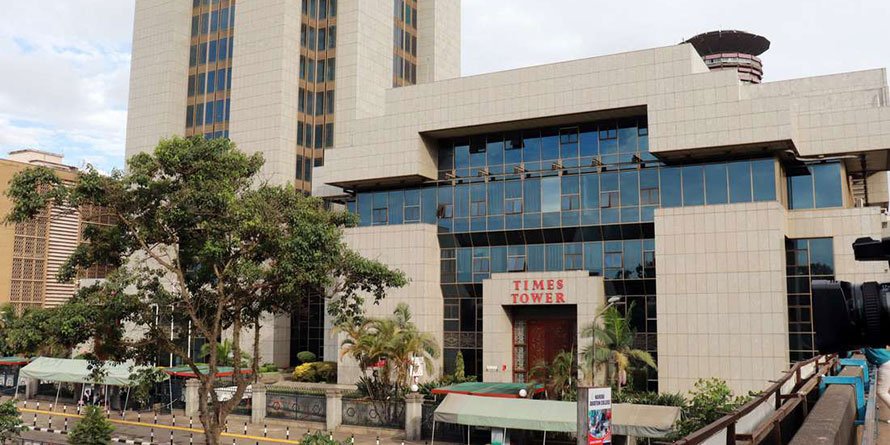The recently introduced minimum tax will encourage tax evasion, which may lead to a fall in revenue collection negating its intended purpose. With most Kenyan businesses ending their financial year in December, they will be liable to pay their first minimum tax by the 20th of this month.
Minimum tax was introduced under the Finance Act 2020 to be charged at the rate of one per cent of the gross turnover of a business starting January 1, 2021. Previously, income tax was levied on businesses based on the profit they make.
They were not expected to pay income tax if they did not make any profit or if they made a loss. They were allowed to offset the losses against future profits and carry forward the losses for up to 10 years.
The minimum tax, as currently crafted, will discourage investors and lead to business closures. Those that don’t close will either default or resort to tax evasion to survive. Businesses requiring high initial capital investments, those operating in a low-profit margin environment, startups, manufacturers of excisable goods and cash-constrained businesses will be the most affected.
Businesses needing high initial capital investments usually take many years before they report their first profit as they are granted high capital deductions which they utilise in the initial years of operation.
However, with the minimum tax, such businesses will be required to pay one per cent of their gross revenue starting with their first year of operation, which will greatly discourage investments in such sectors and negate the purpose of the existing tax incentives in the form of capital allowance.
Companies operating in low-profit margins like wholesalers and distributors will also be greatly affected. For instance, a sugar trader, who buys a 50-kilogramme bag of sugar at an average price of Sh4,000 would add a margin of Sh30 only. Assuming he makes a sale of 1,000 bags in a month, the turnover would be Sh4,030,000 with a gross profit margin of Sh30,000. If you deduct other operating expenses, the trader would report a less than Sh 10,000 net profit in that month. One would then be required to pay income tax at the rate of 30 per cent, which would be Sh 3,000. However, with the introduction of minimum tax, the trader will be expected to pay one per cent of Sh4,030,000. This would be Sh40,300, which is even more than his gross profit of Sh30,000. If such […]
